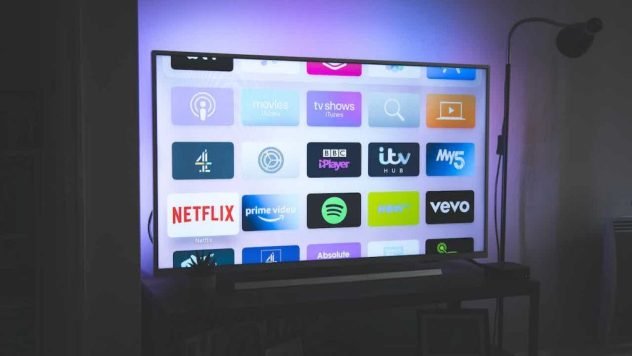Scam victim sues bank over pop-up scam
By Greg Collier
Before we get started with today’s story, we wanted to share an article with you from the New York Times. The article shows that many overseas scammers are victims themselves. According to the Times, English speakers in East Asia are being offered translation jobs. In reality, the victims are being kidnapped and trafficked to forced labor camps, where they’re coerced into committing pig butchering scams to gain their freedom. It seems scams have even more victims than you may have originally thought.
But speaking of overseas scams, today’s story involves an elderly woman who wired $120,000 to scammers in Hong Kong. Unfortunately, she fell victim to the pop-up scam, also known as a tech support scam.
The victim was using her computer when she received a pop-up telling her that her computer had been hacked. The pop-up contained a phone number for the victim to call immediately. While the news report does not specify, in many of these cases, the scammers will mention to their victims that since their computer has been hacked, their bank accounts are at risk from hackers. Then the victim is instructed to move their money to protect it. In this instance, the victim wired her money overseas.
The victim is now suing her bank, claiming the bank should have at least questioned the transactions before allowing them to go through. According to the victim’s attorney, the victim never made a wire transfer before, let alone one for such a large amount that was going overseas. Typically, when bank scams like this happen, the banks try to wash their hands of the matter by saying since the victim authorized the transaction so it’s not the bank’s responsibility.
What do you think? Do you believe the banks share some responsibility for failing to prevent these transactions, or is the elderly woman simply an unfortunate victim?
If you do receive one of these pop-ups, do not click on anything within the pop-up. Instead, close the browser or restart your computer. Avoid providing any personal information or following any instructions in the pop-up. Consider running a reputable antivirus or anti-malware scan to ensure your system’s security.












Leave a Reply